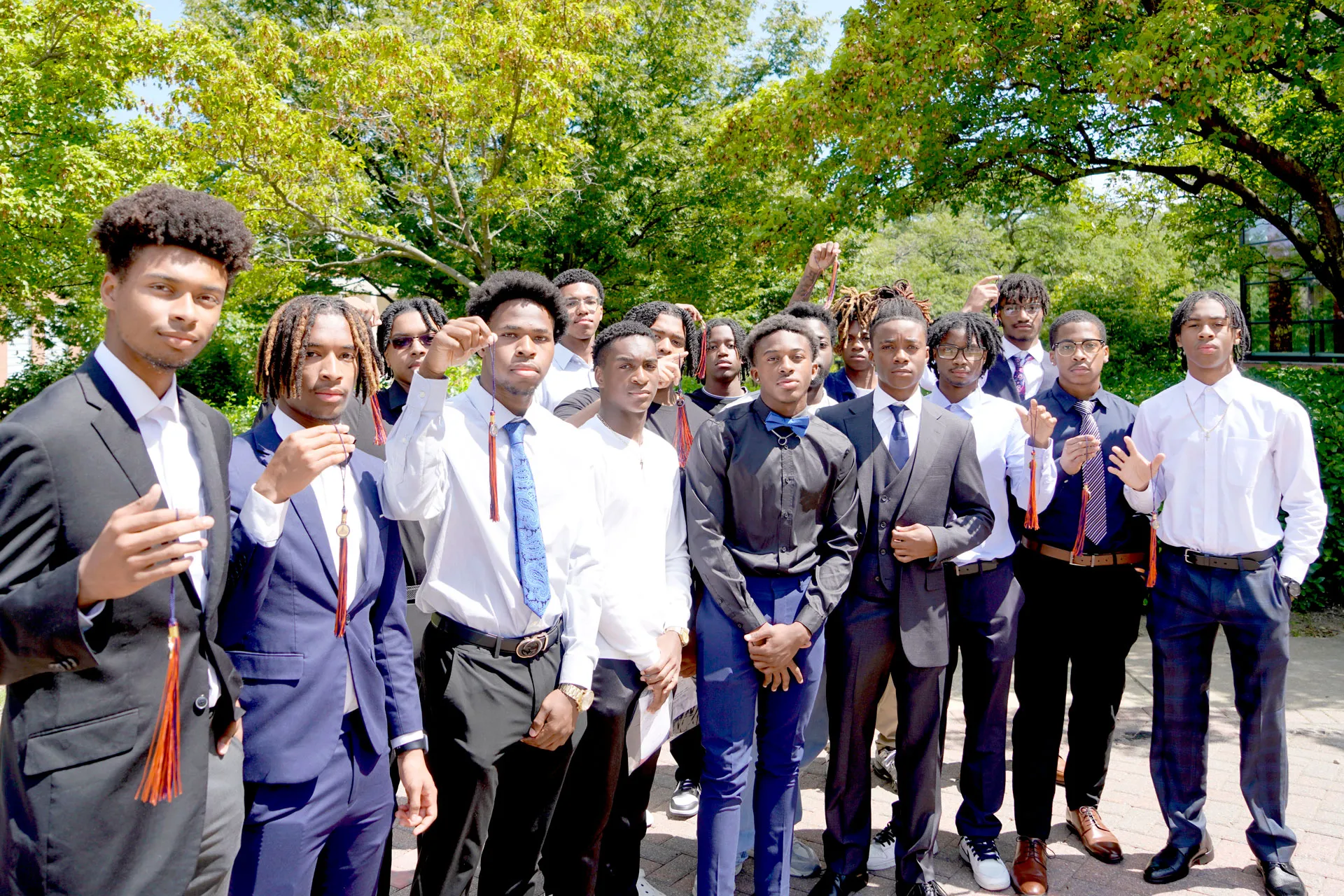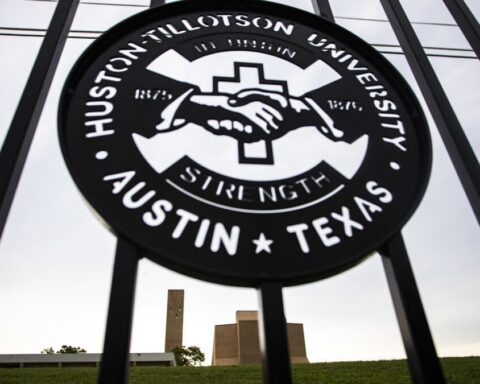Courtesy of Morgan State University
According to recent data from the American Institute for Boys and Men, Morgan State has witnessed a 25% drop in Black male enrollment since 2010. This decline surpasses the 22% drop observed across all U.S. higher education institutions. Despite record-breaking total enrollment figures—making Morgan the nation’s third-largest HBCU as of last fall—the percentage of Black male students has decreased notably from 43% in 2015 to 37% in fall 2024.
University President David K. Wilson acknowledged the situation’s urgency in a recent statement, emphasizing Morgan’s longstanding commitment to providing access and opportunity for Black males pursuing higher education. “The ongoing decline in Black male enrollment at HBCUs is a clarion call for action, and we will not stand idly by,” Wilson said. “This task force will engage in rigorous research to understand the forces at play and develop evidence-based strategies to ensure that more Black men not only enroll at Morgan but thrive and complete their degrees.”
Mark Barnes, Ph.D., an associate professor of history and geography, and Michael Sinclair, Ph.D., an associate professor of social work, will co-chair the task force. The group will comprise an interdisciplinary coalition of faculty, researchers, staff, and students dedicated to enhancing recruitment and retention efforts for Black males at the university.
What The Task Force Aims to Tackle
Key goals of the task force include:
-Investigating socioeconomic and cultural factors influencing Black male college enrollment,
-Identifying best practices and successful intervention models,
-Evaluating the student experience of Black males at Morgan to strengthen support structures,
-Providing comprehensive recommendations to improve retention and graduation rates.
Dr. Sinclair expressed his commitment to the initiative: “Addressing the decline in Black male enrollment requires a thoughtful, cross-sectional analysis of the economic, social, and institutional factors at play—and the broader socioeconomic impact on Black families and communities.” He underscored the importance of implementing solutions that empower Black men to view higher education as an attainable goal.
Nationally, the decline in Black male enrollment poses a unique challenge for HBCUs, highlighting the need for systemic changes within higher education. Factors contributing to this trend include economic pressures, shifting societal views on college education, and obstacles in academic preparation and financial aid access.





